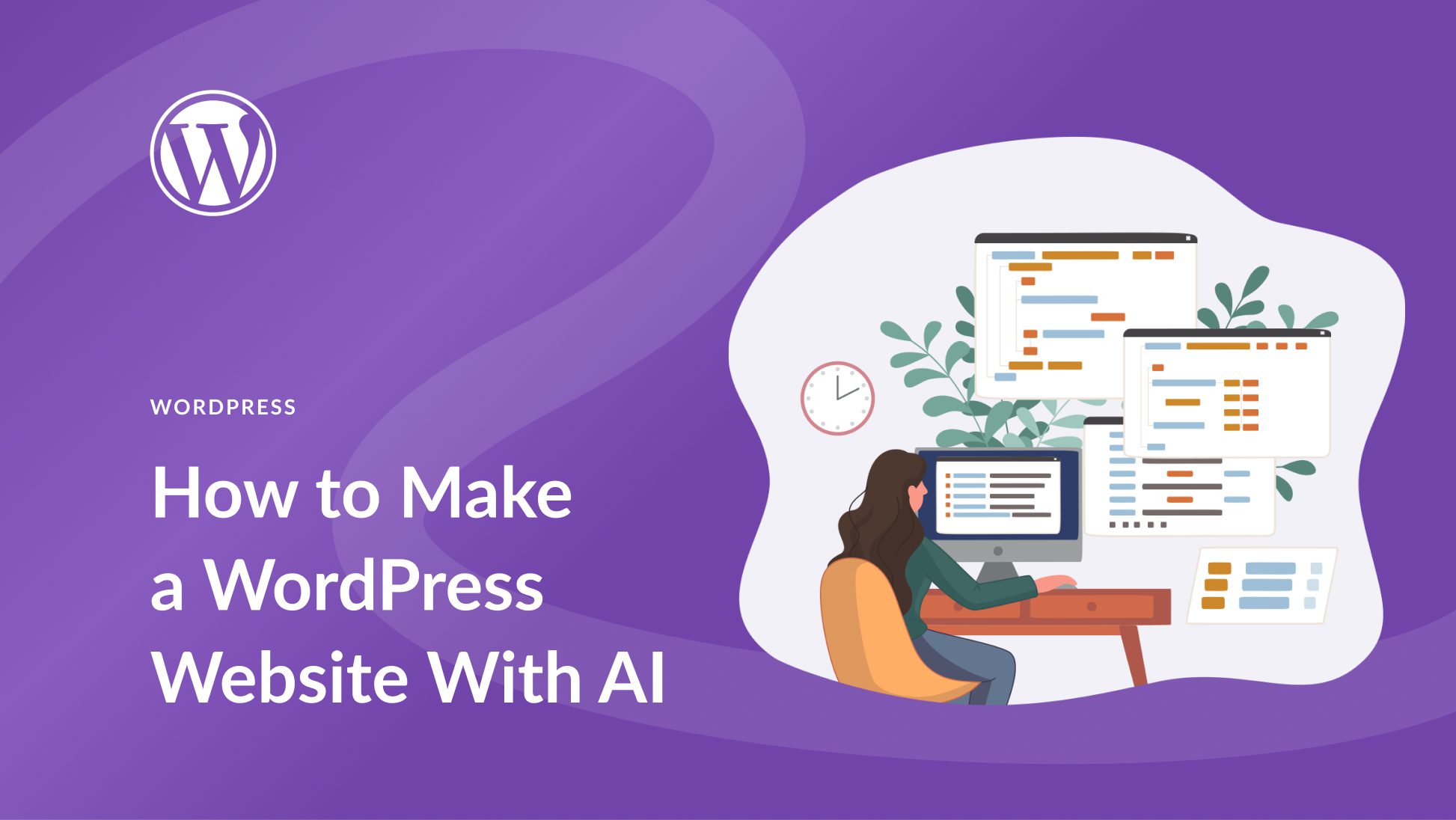What role does AI play in the software development process? How is automation revolutionizing the way we build and test software? Which companies are leading the way in utilizing these technologies? These are pertinent questions that reflect the current trends in the software development industry. As technology evolves at a rapid pace, it is fundamental to understand how AI and automation are transforming the landscape.
However, a common problem many organizations face is the lack of understanding about how to implement AI and automation effectively. According to a 2019 Deloitte Insights survey, while 82% of companies report that they are implementing AI in some form, only 26% have fully incorporated AI-driven systems. McKinsey research also shows that 45% of organizations are struggling with adoption, primarily due to a lack of understanding of AI and automation potentials. This demonstrates a pressing need for a comprehensive approach to integrating AI and automation into software development within firms in the United States.
In this article, you will learn about how AI and automation are shaping the software development industry. By exploring the role of these technologies in different stages of the development process and how they are being incorporated by leading companies, a comprehensive understanding of their potential will be illuminated. You will also get insights into the challenges that need to be addressed, along with the proposals to solve them.
Lastly, the article will conclude with a review of successful case studies where AI and automation have been expertly integrated, providing you with practical examples of how companies are leading the way. The aim is to inspire readers with the practical applications of these technologies in software development and highlight the undeniable role that AI and automation play in this evolving field.

Definitions and Meanings in AI and Automation: Shaping Software Development
Artificial Intelligence (AI) refers to the simulation of human intelligence processes by machines, especially computer systems. This involves learning, reasoning, and self-correction. In the context of software development, these processes could be understanding user requirements, identifying bugs, and implementing automatic fixes.
Automation is the use of technology to execute repetitive tasks without human intervention. In software development, this could include tasks like code generation, testing, and deployment.
Leading companies are harnessing the power of AI and automation to streamline the software development process, improving speed, efficiency, and accuracy.
Transforming Perceptions: AI and Automation – Disrupting Traditional Perspectives on Software Development
Advancing Software Development Through AI Implementation
Artificial intelligence (AI) and automation are rapidly transforming a multitude of industries, with software development being no exception. Traditional software development entails numerous processes, which can be time-consuming and prone to errors. Here is where AI steps in, empowering software development teams with efficiency and productivity.
AI-powered platforms and tools support developers in tasks such as coding, debugging, software testing, and maintenance. For instance, AI can automate the process of code generation, which not only speeds up development but also reduces manual errors. Machine learning algorithms can detect bugs and vulnerabilities in the coding stage, helping developers to fix issues before they escalate. AI can also predict software reliability and suggest maintenance tasks based on historical data.
Pioneering Companies Leveraging AI in Software Development
Several companies are leading the way in integrating AI and automation into software development. These firms leverage AI-based tools and techniques to streamline their software development lifecycle and create high-quality software products.
- Microsoft: Microsoft has been leveraging AI in its developer tools for years. They introduced IntelliCode in Visual Studio that uses AI to enhance coding by suggesting autocompletes. It helps developers to code faster and with fewer errors.
- Google: Google Cloud’s AI Hub provides a collaborative environment for teams to experiment, develop, and deploy AI-based software. Google’s AutoML suite enables developers with minimal machine learning expertise to train high-quality models.
- IBM: IBM’s AI toolkit, Watson, helps software developers in automating, predicting, and optimizing various development processes. It improves coding productivity and decreases debugging time.
In the changing landscape of software development, AI has a significant role in revolutionizing traditional methods. AI-powered tools and automation not only speed up development processes but also enable developers to build more robust, reliable, and sophisticated software. The increased adoption of AI and automation in software development is a testament to the remarkable benefits they offer, making them indispensable for modern software development practices.
Shining the Spotlight on Industry Pioneers – Companies Harnessing the Power of AI and Automation in Software Development
The New Dawn of Technology
Is the future of software development reliant on artificial intelligence and automation? Without a shadow of a doubt, AI and automation have surfaced as the transformative force that continues to redefine the contours and trajectory of the software development landscape. They’ve morphed into critical game-changers, bringing forth unparalleled conveniences, efficiencies, and advancements. AI-fuelled automation has revamped traditional software development processes, making them faster, more efficient, and less prone to errors. They expedite task execution, radically reduce human intervention, and minimize potential risks and flaws.
The Achilles Heel
While such advancements have exciting prospects, they are not devoid of complications. One of the glaring issues linked to AI and automation is the higher chance of machines replacing humans in the realm of software development. The automation of tasks, while aiding efficiency, threatens job security for software developers. Furthermore, the very nature of AI and automated systems insinuates a potential risk of dependency. Relying too heavily on automated systems could lead to a lack of human critical thinking and problem-solving skills in the industry, which are paramount in areas where emotional intelligence is called for.
Movers and Shakers
Despite the apparent challenges, some industry leaders are shaping the future of software development through innovative use of AI and automation, presenting best practices and templates for other organizations to emulate. IBM, for instance, predictively models and manages business IT infrastructure to minimize the risk of system crashes, using their AI-enabled tool, Watson. Microsoft, on the other hand, has introduced Azure, which utilizes AI to automate cloud and software development operations, reducing time, cost, and increasing overall productivity. In the startup world, uiPath demonstrates the value of AI in software development by providing a platform for robotic process automation which has greatly increased the speed at which services are developed and provided to customers. These companies exemplify the optimal use of AI and automation, portraying a future where these tools are integral to software development.
Journeying into The Future – Unraveling the Potential Impact of AI and Automation on the Course of Software Development
Is AI and Automation the Future?
Consider the current state of technology. Will artificially intelligent automation tools dominate our future in software development? The advancement of technology is making it possible and, more importantly, effective. Machine learning, a branch of AI, has gained significant attention in recent years. These technologies are rapidly evolving and have potential to automate mundane tasks, which can increase work efficiency and reduce errors. Nevertheless, there are major challenges that cannot be overlooked.
Challenges in Implementing AI and Automation
The application of artificial intelligence and automation in software development is not without obstacles. One of the most significant issues is that the technology is still in its nascent stage. Even though AI has accelerated the software development process to some extent, it requires highly-skilled software engineers to design and maintain the system. Then, there’s the trust issue. Although automation can expedite certain tasks, it could also mean less control for developers, causing unease. Additionally, AI systems require high-quality data to learn from. Sourcing, cleaning, and maintaining this data is a complex and often expensive process. Lastly, regulatory and ethical issues can also arise due to the use of such advanced tech in production processes.
Success Stories: AI and Automation in Action
Despite the challenges, some companies are successfully incorporating AI and automation into their software development and seeing impressive results. Google, for example, uses AI to power their test suite called Procella. It processes data quickly and accurately, helping them identify and address software bugs. Another company, Automated Insights, uses an AI-based platform, Wordsmith, to transform raw data into narratives. This not only improves their overall efficiency but also makes the data more accessible and understandable. IBM’s Watson has been another game-changer, with its ability to understand, learn, and reason. It’s used across sectors, from health to finance, not only speeding up processes but also providing valuable insights that guide decision-making.
These are just a few examples of how the power of AI and automation is being harnessed in unique and effective ways across the software development industry. Despite significant challenges, they offer a promising glimpse into the future of this field.
Conclusion
Have we truly grasped the massive revolution that AI and automation are bringing about in the world of software development? How we visualize, analyse, and execute software development projects is witnessing a significant shift. Predominantly, giants like IBM and Google are introducing ground-breaking innovations, exploiting AI’s potential to bring about meaningful transformation in software development. This paradigm shift is not just going to streamline the process but revolutionize the results, making software more reliable, efficient, and cutting-edge.
We truly appreciate your interest in our blog and the insightful perspectives we bring to the evolving world of technology. Engaging with our content not only keeps you updated on the latest trends in software development but also sparks your imagination about the unlimited potential lying ahead. Remember, the future belongs to those who stay informed and adapt to it. Therefore, we invite you to continue following our blog and get ahead of the curve.
We have a lot more exciting revelations to share with you as we continue to explore this revolutionary transition in the software development industry. Dive deeper with us into this fascinating ocean of technological evolution, where you will discover how top companies are inventing the future. Our forthcoming posts will decode the strategies of leading names that are spearheading AI integration and automation in software development. So, sit tight and be ready for the roller coaster ride through the exhilarating world of AI and automation in software development.
F.A.Q.
FAQ Section
1. What is the role of AI and automation in software development?
AI and automation have significant roles in software development, from performing routine tasks to making complex coding easier. They increase efficiency by automating repetitive tasks and can utilize machine learning capabilities to identify bugs and fix them, thereby reducing manual labor.
2. Which companies are leading in the application of AI and Automation in software development?
Large tech companies like IBM, Microsoft, and Google are leading the way by integrating AI and automation in their software development processes. These companies are revolutionizing the field by leveraging machine learning algorithms and other AI technologies to automate and optimize various stages in the software development lifecycle.
3. How is AI used in the software development process?
AI is used in software development to carry out tasks such as requirements analysis, coding, debugging, and testing. It can predict potential problems, suggesting fixes, and enhancing the software by adapting to user behavior and preferences.
4. Can AI and automation replace human developers?
While AI and automation can automate routine tasks, they currently cannot replace the creativity, deep understanding, and strategic planning that human developers provide. However, they can complement and enhance human capabilities, freeing up developers to work on more complex and creative tasks.
5. What are the future prospects of AI and automation in software development?
The usage of AI and automation in software development is anticipated to rapidly increase, given their potential to improve efficacy and efficiency. As technology continues to evolve, we can expect even more sophisticated AI tools that can transform how software is developed and maintained.


